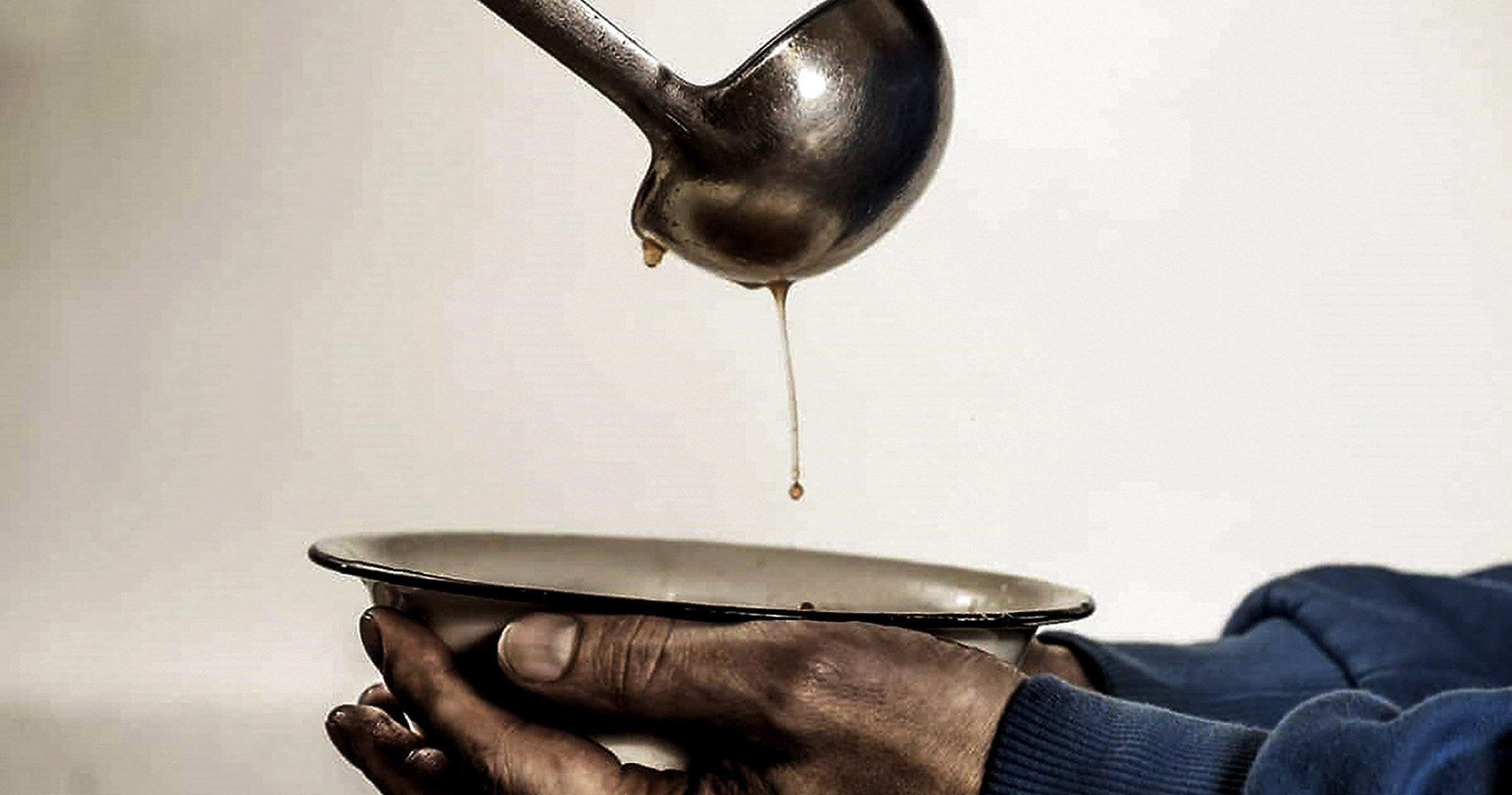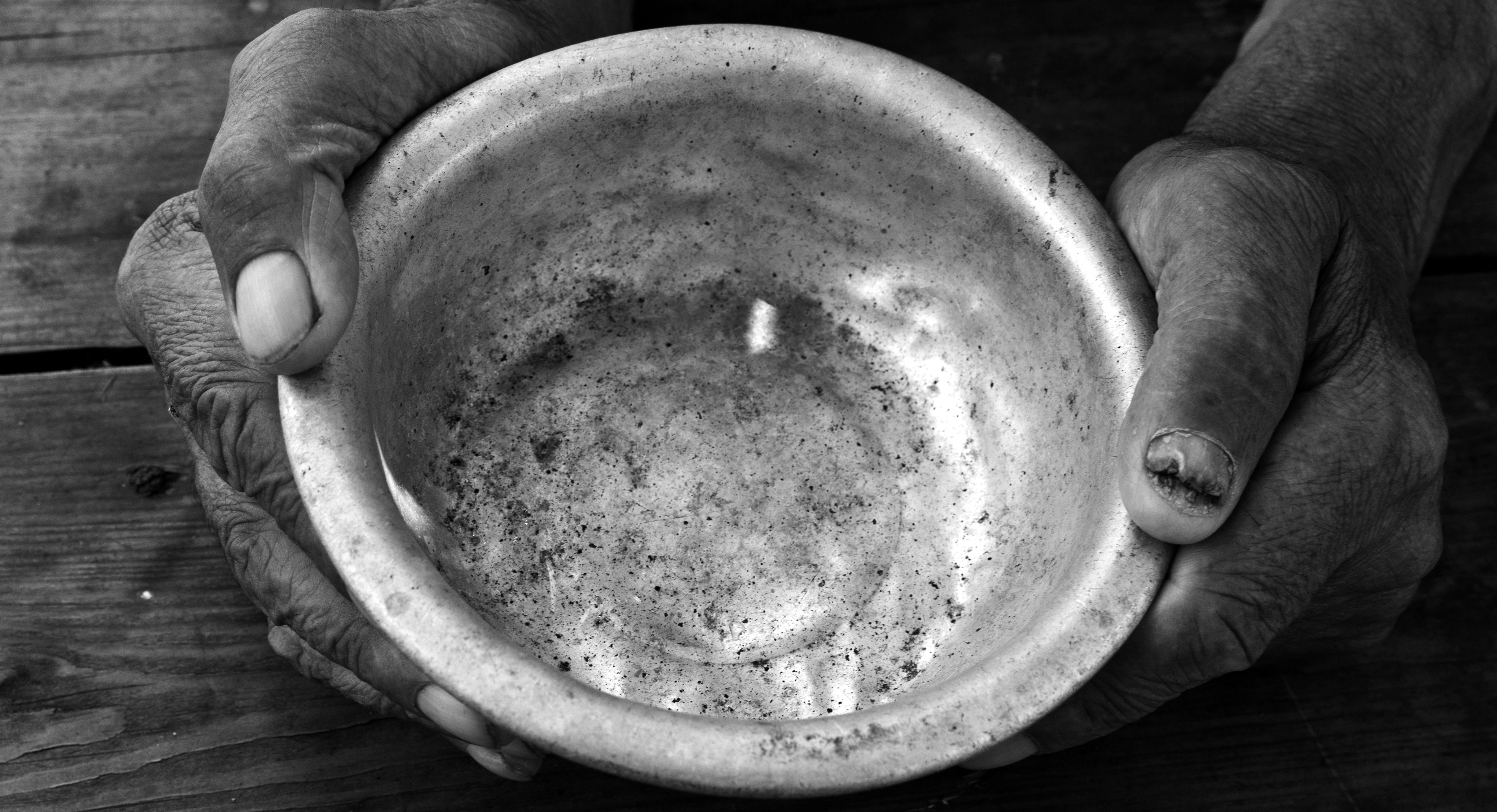‘RECKLESS AND IRRESPONSIBLE’
Millions head into third month of misery as government fails to pay Social Relief of Distress grants

Civil society organisations #PayTheGrants, Amandla.mobi, Black Sash, the Institute for Economic Justice and the Social Policy Initiative say that the Social Security Agency of SA has not paid out Social Relief of Distress grants to millions of beneficiaries for April and May.
The Department of Social Development (DSD) issued a statement in April announcing the publication of new regulations governing applications and eligibility for the Covid-19 Social Relief of Distress (SRD) grant.
Beneficiaries are now going into a third month without receiving the grant.
“We were shocked to discover over the last few days that not a single SRD grant has been paid in April or May,” said the organisations in a statement released on Wednesday afternoon.
“This is a scandal and a national disgrace. While there had been problems prior to April, over 10 million beneficiaries were being paid on a monthly basis.
“Government has now needlessly and recklessly reversed this achievement, and the poorest South Africans have been thrown into a catastrophic situation.”
Hoodah Abrahams-Fayker from Black Sash told Maverick Citizen that “according to the DSD, they are finalising agreements with the banks so that the means test can be done to verify that applicants are eligible”.
Beneficiaries say they have been struggling to supply the detailed personal information required and that the new system accepts only South African IDs, meaning migrants and refugees are excluded.

Around 11 million of the poorest, who had previously been paid the Social Relief of Distress (SRD ) grant, are no longer being paid the grant. This disastrous situation may affect around half the South African population.
(Photo: thesouthafrican.com / Wikipedia)
People in rural and small towns also report being disadvantaged as the Post Office no longer pays out grants, and the retailers and banks identified to take over the function are not easily accessible outside urban areas.
The new regulations now disqualify hundreds of thousands of people from eligibility for the grant, and the organisations say they are putting the government on notice for its failure to provide much-needed income support.
According to the organisations:
- Around 11 million of the poorest, who had previously been paid the SRD grant, are no longer being paid the grant. This disastrous situation may affect around half the South African population (if you consider that each beneficiary could have around two dependents).
- Around R8-billion has been withheld from people who are confronting hunger and desperation, at a time when unemployment continues to rise.
- Because of the multiple obstacles placed in beneficiaries’ way — outlined below — only around 10 million applied at the end of May 2022, compared with the more than 15 million who applied at the end of March (11 million successfully), according to Sassa figures.
- New conditions imposed unilaterally mean that a large number of people who previously qualified for the grant will no longer qualify.
- Administrative chaos and bureaucratic obstructionism — including a failure to put necessary systems in place — means that, although the government has said people will be paid by mid-June, there is little confidence that the government will resolve all payments by then.
- Government has reneged on its commitment, made in Sona, and subsequently repeated on multiple occasions, to extend the SRD grant from April 2022 to at least the end of March 2023.
- There has been zero transparency about this crisis, or an apology to the millions plunged into destitution as a result of the reckless and irresponsible actions which led to this grave situation.
The organisations are demanding the following:
- An immediate lifting of the income eligibility threshold from R350 to R624 — the food poverty line.
- An immediate lifting of the budget cap of R44-billion to cater to all who qualify for the SRD accordingly.
- Reinstate Post Offices as outlets to receive the R350 SRD grant.
- Immediately approve and pay all outstanding beneficiaries, including those who were approved for the grant last year and have still not received their payment.
- Remove the clause forcing applicants to re-apply every three months.
- Identify the causes of broken and inefficient administration processes, and find speedy and practical solutions to rectify these.
- Increase Sassa’s capacity to administer the SRD grant effectively and timeously
- The President, together with the DSD, Sassa and National Treasury, engage immediately with civil society stakeholders to develop a policy plan to replace the SRD grant with permanent social assistance for the unemployed, working towards a Universal Basic Income Grant of, at minimum, the upper-bound poverty line.
Kelle Howson from the Institute for Economic Justice told Maverick Citizen that “the impact on people’s lives is difficult to quantify, but incredibly serious. Community organisers for organisations in our group said that people were struggling to buy basic food items, going hungry for days, and dealing with suicidal thoughts.
“Nearly 11 million people were relying on that lifeline, so the impact on people’s lives and on people’s faith in government is very difficult to overstate.”
#PayTheGrants coordinator Elizabeth Raiters said, “I’m from Eldorado Park where most people are unemployed, and [the] R350 SRD grant has been their lifeline.

About R8-billion has been withheld from people who are confronting hunger and desperation, at
a time when unemployment continues to rise. (Photo: iStock)
“Most of these people now go to different extensions wherever there is a feeding scheme on that day. Sometimes they go more than two days with no food.
Black Sash’s Abrahams-Fayker said, “Given the increased food price hikes with the international conflict between Russia and Ukraine pushing fuel and food prices, the burden becomes a bigger cross to bear for the poor, who have to jump through hoops to be able to access a grant where payments are delayed.
“The grants amounts are already meagre and have to be stretched to be able to survive, and now they still have to struggle to receive it.
“According to the DSD, they are finalising agreements with the banks so that the means test can be done to verify that applicants are eligible.”
No response was received when Maverick Citizen sought comment from Minister of Social Development Lindiwe Zulu. In April, she had contacted Maverick Citizen’s editor to express her displeasure over the article he had written on 24 April, warning that the new regulations instituted by her department could have detrimental effects, with activists warning that this could result in millions of people going hungry.
DSD spokesperson Lumka Oliphant referred Maverick Citizen to Sassa spokesperson Paseka Letsatsi, who also failed to respond to a request for comment on the non-payment of grants by the time of publication.
“Government has little regard for the vulnerable,” Abrahams-Fayker said. DM/MC

















 Become an Insider
Become an Insider
This is indeed a scandal and a national disgrace.
I’m so happy to get my srd